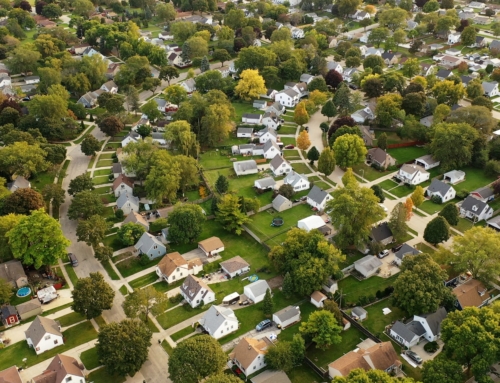Even investors experienced in flipping homes should be careful of new kinds of risk that come with flipping unfamiliar property.
Q: Here’s my dilemma. I’ve been buying tax foreclosed building lots and flipping them for over a decade. Because I get them at a steep discount, I also sell them at a steep discount. As a result I only make a few thousand here and there.
The problem I have is that there are much better properties that could be had and flipped for hundreds of thousands of dollars. As an example, a tax foreclosed golf course recently sold for $30,000 free and clear.
I’ve turned over every stone and cannot find anyone to help me buy and flip one or two of these gold mines. Well, there is one person – a friend of mine who’s a 55 and a property developer. The problem with him is he’s already rich. As a result, he thinks a quick flip is crazy. He’d rather sit on a property for three or four years until the right buyer comes along. I don’t have that kind of time! Any suggestions on how to make this work?
A: It seems to us that you should stick what you know best. While you could flip a larger property for a larger sum of money, those properties carry a larger amount of risk. You could try working your way up to a slightly larger property and see how that goes, but going from lower priced properties to foreclosed golf courses could bring you a whole different set of problems.
Consider this: you’re probably used to residential properties and doing a certain amount of work for those properties. You know what it takes to put them into shape: the painting, electrical, tile, bathroom, floor work and exterior landscaping work that needs to be done to sell the homes quickly.
Now, let’s consider a golf course. If you did purchase the golf course for $30,000, do you know what you would do with it? Keeping a golf course operating will cost a boatload of money. If you decide not to operate the golf course and convert the land to a different use, you may find out that the process may take several years and cost several thousands of dollars.
Unless you have the resources to carry the property and pay those expenses, the golf course property may seem cheap but in reality it may be hiding hundreds of thousands of dollars of expenses or even other liens. While a deep-pocket developer could convert the golf course to a different use, it will still take that developer quite a while to buy, plan, obtain variations or zoning changes, build, market and sell properties on the golf course.
There are few (if any) shortcuts in real estate investment. We know that making a big kill looks attractive. If you’re looking for other investors, talk with your accountant or tax planner, who may have clients who might be interested in investing with you, or taking a piece of a syndication.
Good luck.
[amazon_link asins=’0609809334,B00I5LJAPW,B01KWP4HEC,B00OUF7C1G’ template=’ProductCarousel’ store=’thinkglink-20′ marketplace=’US’ link_id=’35b87507-d9d2-11e7-a92b-d1d5bb46b01b’]







Leave A Comment